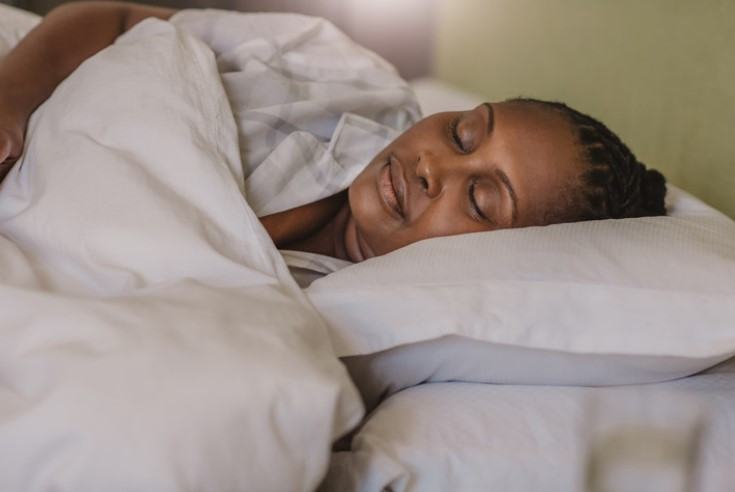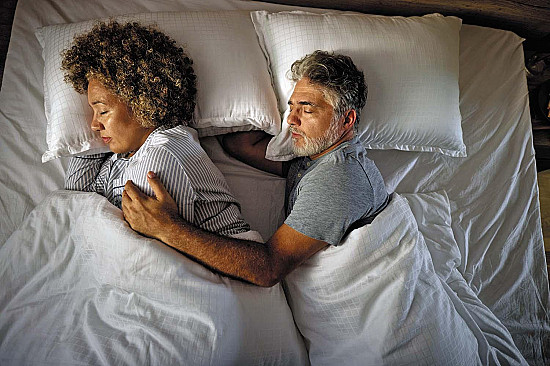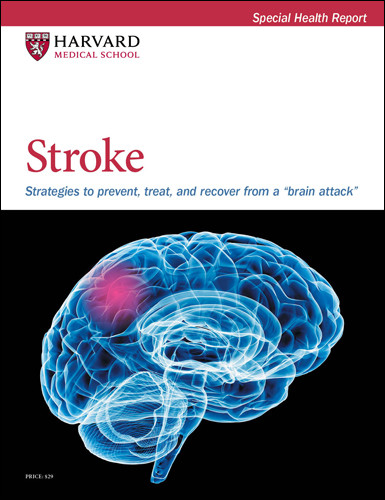Sleep problems may raise the risk of stroke
Research we're watching
- Reviewed by Toni Golen, MD, Editor in Chief, Harvard Women's Health Watch; Editorial Advisory Board Member, Harvard Health Publishing; Contributor

Sleep problems such as snoring, snorting, or getting too much or too little sleep may significantly raise the odds of having a stroke, a new analysis suggests.
The international study, published online April 5, 2023, by Neurology, involved nearly 4,500 people (average age 62). About half of the group had already experienced a stroke. Participants were asked about their sleep behaviors over the prior month, including how many hours they usually slept, impaired sleep quality, and napping habits, as well as snoring, snorting, and other breathing problems during sleep. Too little sleep was defined as less than five hours nightly, while too much sleep was defined as more than nine hours.
Each of the sleep symptoms raised stroke risk, but participants who reported five or more symptoms were five times likelier to have had a stroke compared with those who had no sleep issues. The results held even after the researchers adjusted for other factors that could affect stroke risk, such as smoking, physical activity level, depression, and alcohol consumption. The results suggest sleep problems should be factored into stroke prevention efforts, the study authors said.
Image: © Goodboy Picture Company/Getty Images
About the Author

Maureen Salamon, Executive Editor, Harvard Women's Health Watch
About the Reviewer

Toni Golen, MD, Editor in Chief, Harvard Women's Health Watch; Editorial Advisory Board Member, Harvard Health Publishing; Contributor
Disclaimer:
As a service to our readers, Harvard Health Publishing provides access to our library of archived content. Please note the date of last review or update on all articles.
No content on this site, regardless of date, should ever be used as a substitute for direct medical advice from your doctor or other qualified clinician.
















